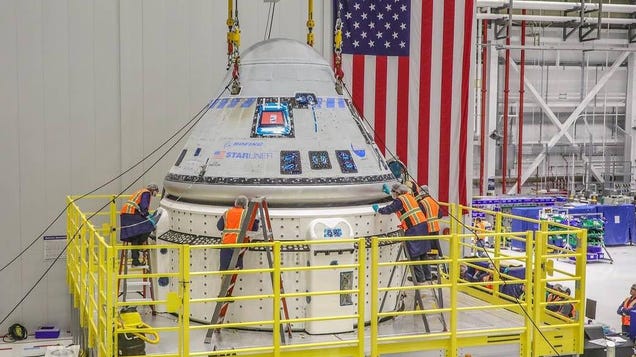
It’s deja vu all over again. Boeing’s long-anticipated Starliner mission has been postponed for a second time due to a newly discovered issue with the spacecraft’s service module.

It’s deja vu all over again. Boeing’s long-anticipated Starliner mission has been postponed for a second time due to a newly discovered issue with the spacecraft’s service module.
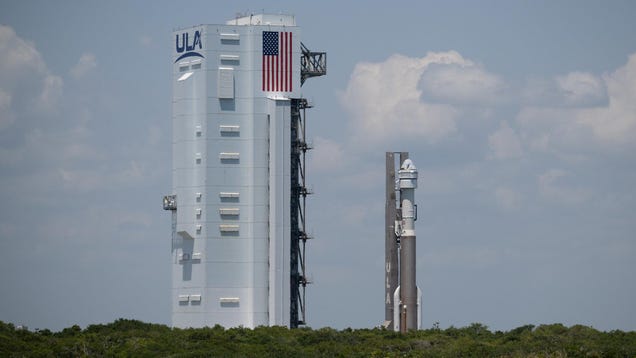
Just when we thought things couldn’t get any worse for Boeing’s attempt at launching a crew to orbit, in comes a longstanding industry feud over rocket valves for a shocking third act.
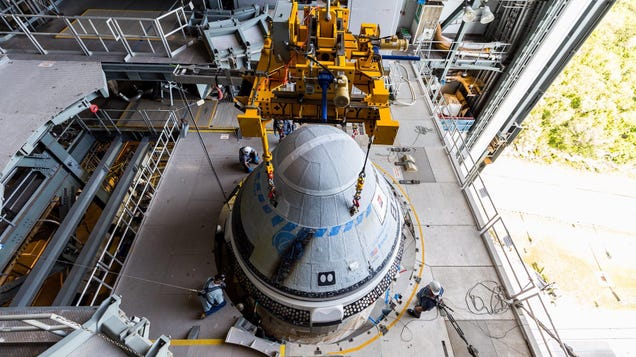
Update: May 7, 7:10 a.m. ET: In an emailed statement, ULA says it is now targeting a launch of Starliner for no earlier than Friday, May 10, saying the “team needs additional time to complete a full assessment.” The launch was scrubbed “due to an observation on a liquid oxygen self-regulating solenoid relief valve on…
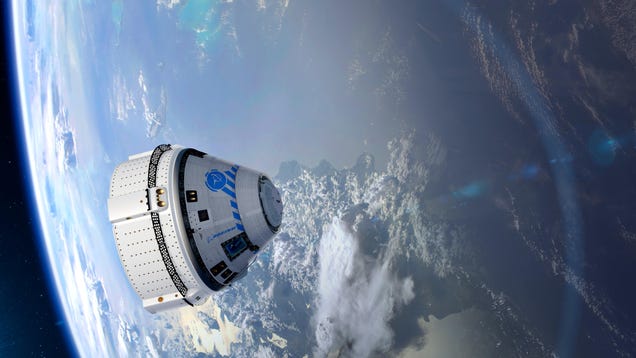
After more than a decade of delays and failures, Boeing is finally ready to launch its first crew of NASA astronauts to the International Space Station (ISS). Liftoff of the Starliner CST-100 spacecraft is scheduled for May 6—and it’s going to be a true nail-biter.
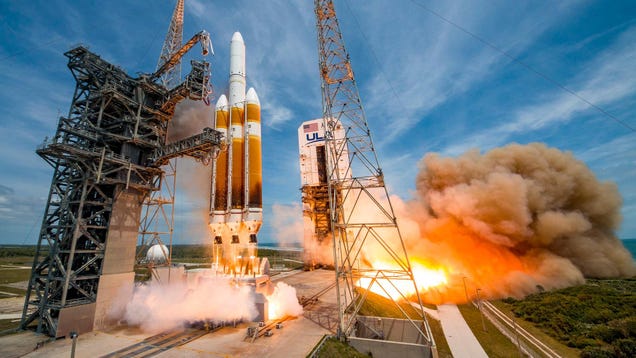
It’s been a wild and wacky last few weeks in space, not to mention awe-inspiring, as a spectacular total solar eclipse graced the skies across North America. We also said goodbye to a trusty old rocket, while saying hello to what might finally be the first crewed mission of Boeing’s beleaguered Starliner spacecraft.
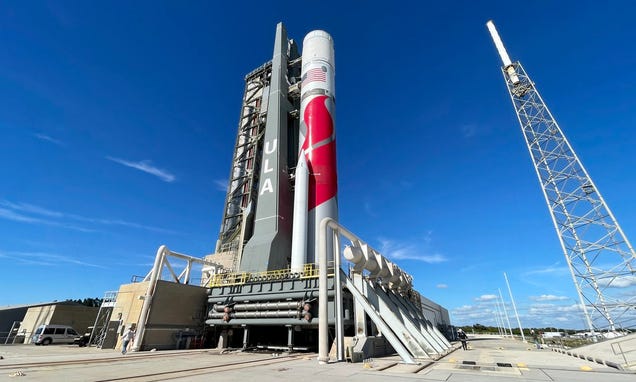
On Monday, January 8, United Launch Alliance’s Vulcan Centaur is scheduled for its inaugural flight, a mission that will send a wide range of payloads to the Moon. Although not as advanced as SpaceX’s rockets, this expendable rocket boasts features that could make it a cornerstone vehicle in the industry.

On Monday, January 8, United Launch Alliance’s Vulcan Centaur could finally perform its first flight. ULA has been a rock in the spaceflight industry since its founding in 2006, and with this pending launch, the company is ready to take its next bold step into space. Here’s how America’s new powerhouse rocket could…
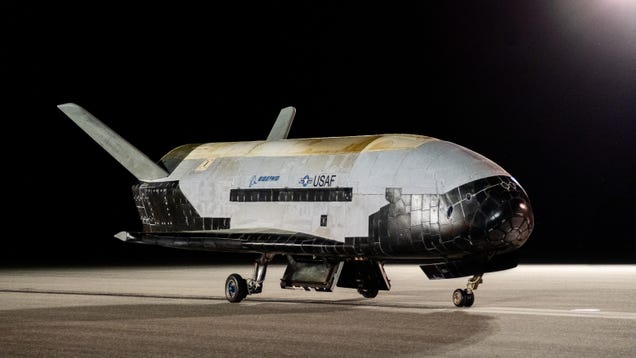
For the first time, a SpaceX Falcon Heavy will attempt to deliver the Pentagon’s spaceplane to low Earth orbit. The mission marks the seventh for the mysterious spacecraft, aiming to expand the Space Force’s knowledge of the space environment and test new technologies.
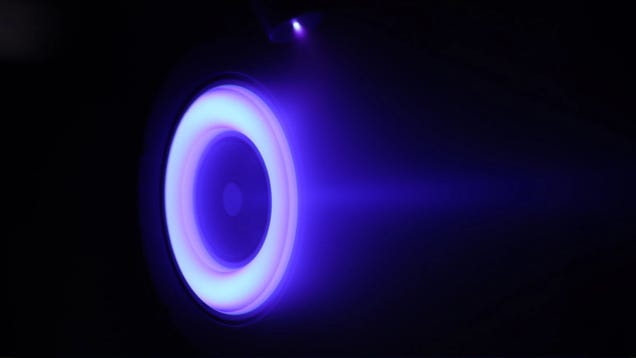
Amazon’s space venture, Project Kuiper, is making good progress, with a pair of prototype satellites executing controlled maneuvers in low Earth orbit. The ongoing Protomission, as it’s called, sets the stage for the company to further develop its internet satellite constellation, one that could eventually compete…